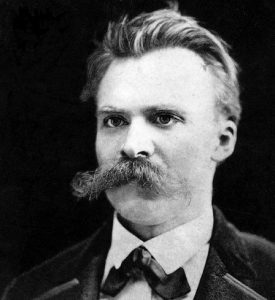I’m being amazingly prolific at the moment. I’m writing four posts every week, as well as speeding along with the writing of a non-erotica novel.
That’s a weird kind of genre, “books that aren’t erotica”. It’s obviously an extremely obscure, niche market. But anyway, there I am.
Someone asked me, on Twitter, how I manage to do this, pumping out several thousand words, every week without fail.
So here are my rules.

Also, keep your audience in your mind. A writer needs bums on seats. It helps if, as I do, you have a thing for girls with books, and girls on chairs.
1 It’s easy to edit, hard to do the first draft. So when you’re writing the first draft, tell the story. Write the dialogue. It will be thin, almost for sure.
But it’s there, once you’ve written it. You can fix it later.
2 When I’m about to do a first draft, I generally have earlier pages that I wrote yesterday. So I start by going back and editing, tidying it, thickening it with more character interplay, more detail of observation.
That gives me a sort of “run-up”, so that when I get to the end of the stuff I’ve already written I’m in the story, in the style, and I have a clear sense of where I’m going. So I’m ready to write the new stuff.
3 With posts, sometimes I just scribble a few words, and save the draft, if I’m too tired, or uninspired to get it finished. It means that the next day, when I come back to it I’m not looking at a blank screen, but at some thoughts I need to clarify and arrange.
4 Similarly, when I finish a chapter, I generally start the next one. Usually I only write the name of the book, the Part of the book, and chapter whatever number it is. Sometimes I suggest a beginning for the chapter. A knock on the door, a meeting on the street, whatever it might be. Again, that means that the next day, I’m staring at a beginning and not the dreaded blank page.
5 Don’t wait for “inspiration”. You get more done by writing uninspired prose, and fixing it later. Write something every day. Even if you think it’s crap, and you can’t believe how bad a writer you are, etc, later – after a walk, maybe – you’ll see that there’s the germ of an idea there, and you fix it and fare forward.
6 I plan. Every chapter, I know broadly what’s going to happen. So I can make sure that the characters get off their arses and do the work I need them to do. A plan means you never have a completely blank screen. You start each chapter knowing what’s ahead of you, what your goals are.

Don’t help yourself to too many good things by other people. Still, I stole the title of this post from Nietzsche. But it could have been worse. It looks like someone else stole a quarter of his moustache.
7 Get the games off your computer. You can tell yourself that you’re relaxing by playing Freecell or whatever, but they’re just a time-thief.
They give you an excuse for not working while you’re at the place you should be writing. Worse, they’re designed to be addictive, and I’ve found the best solution is to go cold turkey.
If you want to relax, get out of the chair and do something else. Read a book, do the laundry, tidy the kitchen, cook something, go out for a walk. Talk to someone. Masturbate. Fuck.
8 Music can help. For some reason I write happily to Norwegian death metal. It helps that I can’t understand the words so I don’t get distracted. But music can help you blot out the world, and focus on your imaginary world, the one you’re writing.
9 Celebrate your victories. The end of a chapter always makes me happy. I party, in a small, happy way.
I have to go knock posts into the ground, now. I mean wooden posts, to attach the garden taps. A bit of physical work is good, too.
Another important rule is here.

